Moore County Commissioners denied a public hearing for a development conflict at its Aug. 1 meeting.
Planning Director Debra Ensminger reviewed the conflict between the Unified Development Ordinance (UDO) and the 2013 Land Use Plan (LUP) during her call for a public hearing.
The conflict is that major subdivisions are allowed by the UDO in areas zoned Rural Agriculture 40 (RA), RA20, and as RA Urban Agricultural Service Boundaries (RAUASB). While the 2013 LUP strongly discourages major subdivisions in RA40, RA20, and RAUSB, it does not deny major subdivisions.
Commissioner Chair Nick Picerno said there was no need for a public hearing because the board was going to work as a representative republic and elect a steering committee.
The steering committee meetings will be held at the historic Carthage courthouse, so they can be recorded for full transparency.
Before Ensminger’s review, during the public comments, nine residents protested updating the LUP and UDO without a steering committee review.
Reasons for the protests included Marsh Smith’s statement that rural residential development is a bigger burden to counties than the taxes it generates. Smith helped write the LUP 25 years ago.
Public speakers said the county cannot keep up with the rate of growth, and the LUP should be tighter to fight rural development. Speakers said the commissioners said they were going to create a steering committee for a year, and it has not happened yet.
Holly Matt of Pegasus Design Group said there was no uniform data on public services and environmental concerns when planning a development.
Picerno said he agreed with 99.9% of what was said by the residents.
In 1999, the commissioners appointed 20 voting and seven nonvoting ex officio members for the LUP steering committee, according to the 1999 LUP. Most voting members lived in unincorporated areas throughout the county. The nonvoting members were experienced in zoning laws, planning and development, water and sewer infrastructure, airport, municipal governments, and private property laws.
In new business, the board approved opioid recovery funding for three entities, FirstHealth, Moore Buddies Mentoring and Samaritan Colony, Inc.
FirstHealth aligned with three of the four strategies, recovery support, early intervention and Naloxone distribution.
Moore Buddies Mentoring focuses on early intervention for at-risk youth, 6-18, in the juvenile system, and or with family members using opioids or selling opioids.
Samaritan Colony provides individuals diagnosed with substance use disorders with evidence-based treatment, peer support, and recovery housing.
FirstHealth requested $134,628.
Moore Buddies Mentoring requested $51,440.
Samaritan Colony, Inc requested $137,880.
To view the meeting and hear all the topics discussed, please click here.
~Article and file photo by Sandhills Sentinel journalist Stephanie M. Sellers; BS Mass Communications and Journalism MFA Creative Writing.


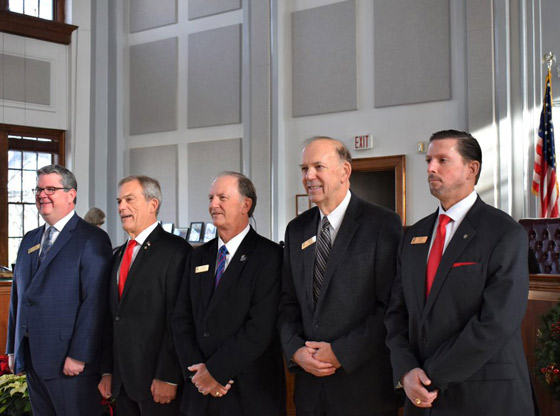



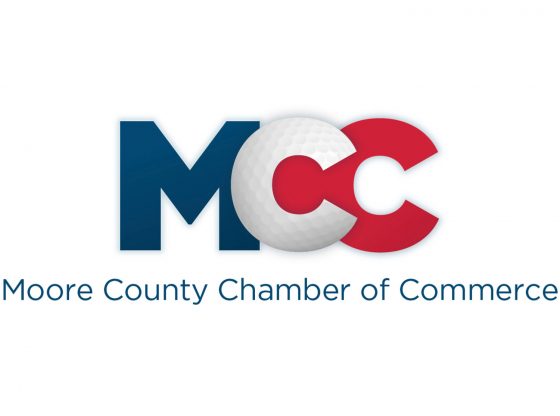


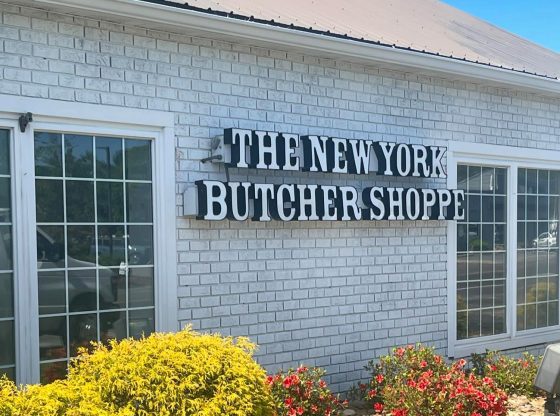




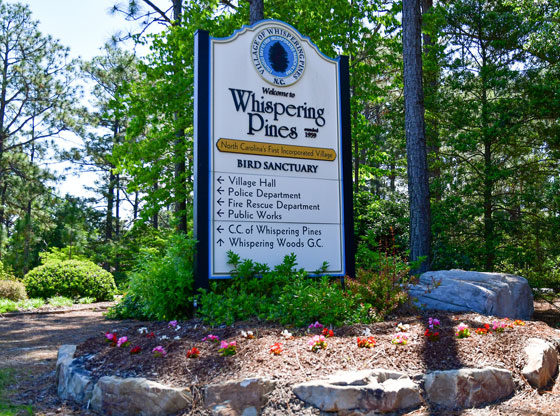

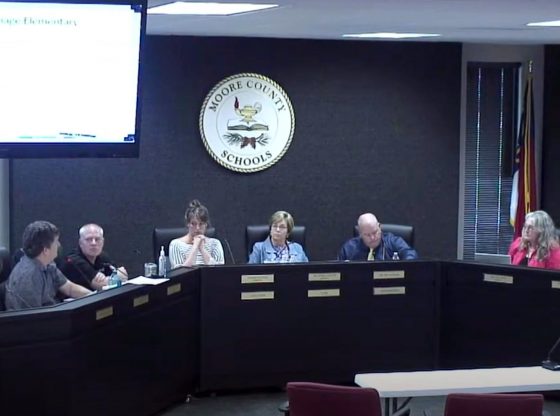

Comments
Comments are closed.